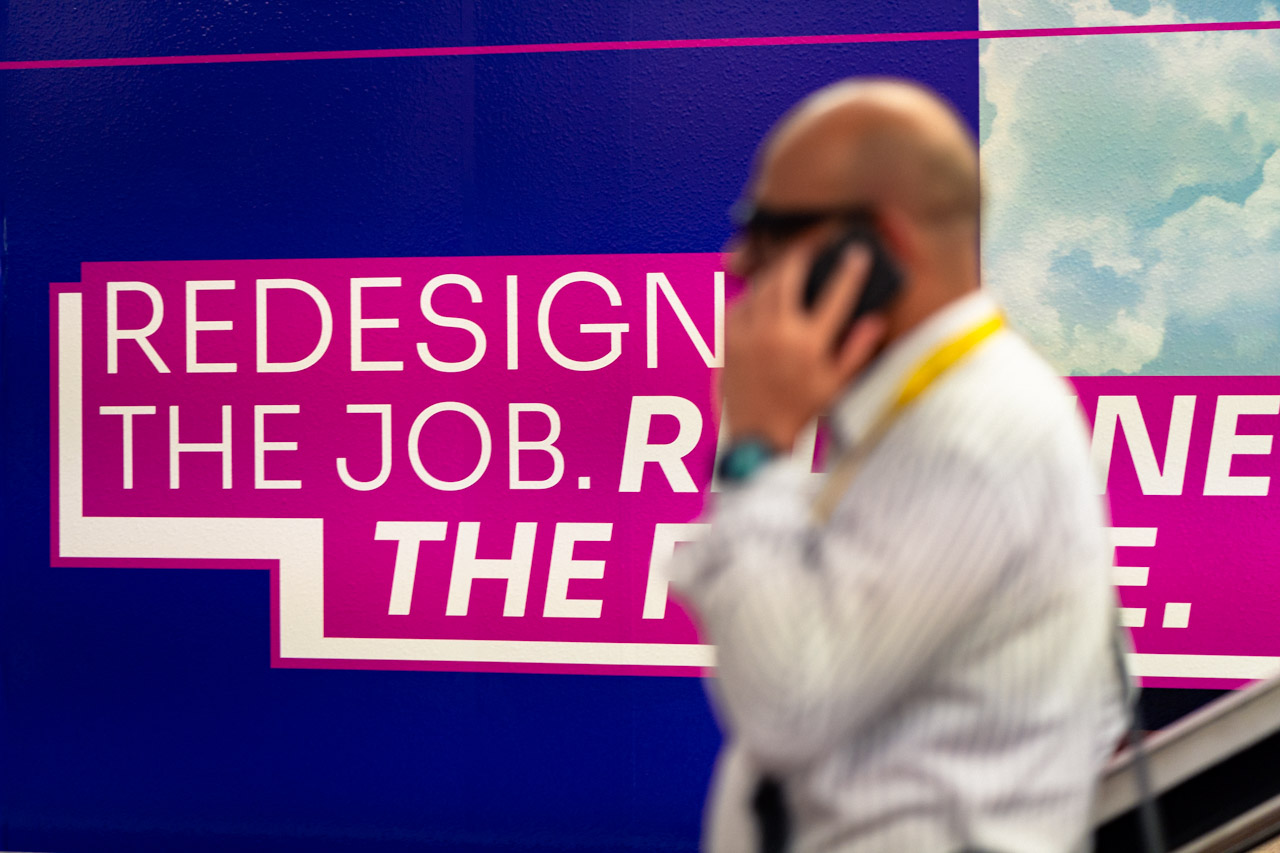Top image: Stephanie Lee / RICE File Photo
Deputy Prime Minister Lawrence Wong will be Singapore’s next leader on 15 May. While sudden, the news wasn’t all that surprising—we’ve known for a while that Minister Lawrence Wong was slated to take over the office of Prime Minister.
We also know that Singapore’s next Prime Minister is a musician. Perhaps, in another life, he would have chosen the allure of playing his guitar under stage lights instead of speaking on policies under the harsh lights of the Parliamentary chamber. Perhaps.
However, he has explained that while he was interested in playing the guitar, he found a “life-long calling in the public service.” It’s almost poignant, given that he has consistently advocated for Singaporeans to chase their passions.
We ask everyday Singaporeans whether they’ve picked one thing over another in the age-old debate: Passion versus pragmatism. They discuss whether they’ve ever chosen more pragmatic careers over their passion and whether they think that it’s a construct we’ve come to limit ourselves by.
“If there were completely no financial considerations, I would be working at an aquarium. I don’t think pragmatism and passion are direct opposites; they just don’t come along too often.
The bigger issue is the rigour and monotony of everyday life and work. But that comes with any job, whether you’re passionate or not.
There are also too many examples of people turning their passion projects into jobs and losing interest or burning out. Even at that stage, being passionate about what you do also requires some grit to keep doing that passion job.”
— Jones, 26

“I started editing videos as a hobby back in secondary school, so joining Ngee Ann Poly’s Film, Sound, & Video course seemed like the route to take to do more film and media work. Then I realised that film as a module, whether at a diploma or degree level, is highly dependent on how much money you’re able to pour into your assignments.
Skill and hard work are definitely the main part of it, but there’s no way to get the necessary equipment, costumes, set or actors unless you pay for them. It’s not like you can do without them either, because they’re what make or break the final look of your film.
I learnt the hard way that everything comes out of our pockets, and I just couldn’t afford to continue paying for my grades that way. I changed to a more practical course the next year.”
— Reese, 29
“I always wanted to be a young adult fiction author, but my parents didn’t support that (of course). I swapped for a stable banking job (of course).
Can’t say I regret it because if I really was passionate, I could’ve pursued it on the side. The fact that I didn’t probably meant my passion wasn’t as strong as I thought.”
— Jyllian Lu, 30
“The idea that we must choose between passion and pragmatism might be a false dichotomy. In my opinion, it’s possible to blend the two effectively (after much wisdom). Passion drives motivation and creativity, infusing energy into endeavours, while pragmatism provides a grounding in reality. When combined, they ensure that ideas and ambitions are achievable and sustainable.
I don’t see them as opposite forces but complementary forces that enhance each other.”
— Jaron Lee, 34

“As a child, I dreamed of being an architect, a well-respected profession in Singapore. Some parents even encourage it. Mine did. I always liked drawing and looking at buildings.
But as I grew older, I became more conscious of the fact that my family was not as well-to-do as my peers. My classmates would talk about holidays in Korea, Japan, and Europe, but all I could talk about was Johor Bahru.
I was touched that my parents saved up for holidays, and I am grateful for their care. But let’s just face it. As a teenager, your sense of self is influenced by the social pressures around you. You want what others have.
Combined with the horror stories about working as an architect in Singapore, I decided against architecture and studied business instead in university.
Honestly, when people say ‘pragmatic’, I think we really mean corporate jobs at blue-chip private companies or the public service. We want to be insulated from market forces. You could be an independent florist for your own pragmatic reasons, but nobody else would consider it pragmatic.
I’ve barely begun my career in banking, but I’ve saved up enough to take my parents on a holiday to Korea soon. It’s the first time my dad has travelled out of the country in more than ten years. It will be my first time travelling outside of Southeast Asia.
So I definitely chose a more pragmatic path. I think people can consider themselves lucky if they can have their cake and eat it too—that what they are passionate about is also something society values and rewards handsomely.”
— Hayden, 28
“I dreamed of being a footballer when I was younger. But Singapore football is…
In school, I discovered I was relatively better at mathematics than most. When it came to choosing a career, I chose something that I would be naturally comfortable doing. And finance was naturally one of the options.
So I ended up doing something entirely different from my childhood dream. People have many passions anyway, so it’s nice that the next one I ended up doing is also one of my passions.
But this whole debate is a chicken-and-egg problem. I am passionate about my job, but sometimes I think it could also be that my job naturally requires me to use some of the things I am better at. And that because I’m good at these things, I’m naturally more interested in them.
I don’t think it’s 100 percent this or that. It’s always a middle ground, but I definitely do think a lot of people sacrifice their passions for something more pragmatic. You can tell. At the junior level, there are definitely people who are in this job for pragmatic reasons. But the long service 20-year employees will all say they are passionate about their job. Probably why they’ve been at it for so long.
I’m probably in the minority where my interests and skills align with a well-paying job that’s considered pragmatic by most Singaporeans.”
— Lionel, 25







